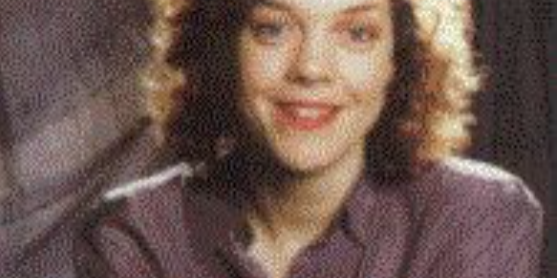The Shirley Years part 1

Shirley Eikhard
In September 1975 I joined a band called Atlantis. It was a funky show band that included a James Brown set, Kung Fu demo with strobe lights, and a Dianna Ross tribute. I suppose it was marginally entertaining but even at the time I wondered why people weren’t asking for their cover charge back. The bass player in the band was Brent Eikhard. His sister was Shirley Eikhard. She was 19 when I met her and already a high profile singer-songwriter in Canada. When the Atlantis management decided to fire the whole back-up band at the end of 1975, Brent told me his sister was looking for a piano player and would I be interested? This began a five year incredible musical journey with an incredible lady.
The Shirley Years Part 1 January 1976
We began rehearsing, just the two of us at what we laughingly called “The Beast,” a building at 666 Spadina. There were charts, but mostly I just went by ear. I found it to be more creative that way and it saved me the tedious grunt work of memorization. After a few days, we put out some feelers and found an excellent bass player, Wyatt McDonald. With Wyatt and the occasional use of percussionist Bill Usher we had a format that
was the basis of everything we did for the next eight months.
The task of learning and finding parts for the large repertoire in a very short period of time was incredibly smooth and without stress. I attribute that to Shirley’s remarkable ability to communicate musically and the rapport we were building. I was able to read her every nuance.
Within a week, we had our first show at McMaster University in Hamilton, Ontario. One ninety minute set. After a few tentative songs, it just clicked, and we finished to a standing ovation and demands for an encore.
The “encore” is a little bit of show biz malarkey. You leave the stage pretending that you’re done, but then bow to the audience’s eager requests for more, heading back onstage acting like you had no idea this was going to happen, then play the “big” tune you had planned to do anyway.
You have to look cool, act humble, and be confident. At McMaster, when we left the stage, we went through the wrong door that led us outside into a snowstorm and locked behind us. Meanwhile, we could still hear the audience applause. Just a little awkward. After a few minutes, the soundman realized the problem and ran down to open the door. In we came, snow-covered, played the encore and retained our dignity …..
By the time we rolled into the famed Riverboat in May, we had a somewhat raucous, devil may care attitude. We were serious, but at the same time, mischevious. We didn’t jam, the music had structure, but we had fun within those parameters. For example, a solo didn’t have to be 8 or 12 bars and some intros and endings were cued. In a lot of ways, every show was different. Our sets were very eclectic. They included elements of rock, smooth funk, latin, jazz, blues, etc. Had someone been able to do some Inuit throat singing, I’m sure we would have found a way to work it in.
And it was all done with youthful exuberance and an implied giggle. Not that Shirley wouldn’t do a sensitive ballad, she was a master of the genre, the angst flowing unabashedly, her young twenty years belying an ageless depth of understanding and introspection. But before the applause would fade, she’d be right back to the antics.
Keep in mind that we were playing the kinds of places that were conducive to a party atmosphere. In September of that year, we would be playing large concert halls like Place Des Arts in Montreal and the National Arts Centre in Ottawa. The party was somewhat subdued. It was still fun, but we had to be on our best behaviour.
Things were heating up. From June to September of 1976, Shirley had a Canadian hit record with a cover of Christine McVie’s Say You Love Me. It was an excellent record that to my mind was better than Christine’s own version.
I got asked for my autograph for the first time. I messed it up, beginning a trend that continues to this day. Wouldn’t you think a piano player would have more control over his hands?